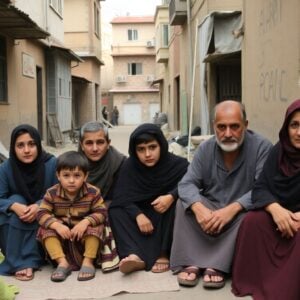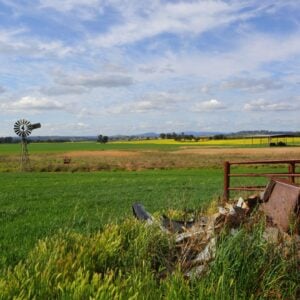Nigeria has made significant strides toward stabilizing its economy through recent policy reforms, but translating these gains into improved living standards remains a key challenge, according to the latest Nigeria Development Update (NDU) released by the World Bank. The report, titled “From Policy to People: Bringing the Reform Gains Home,” highlights progress in economic growth, domestic revenue mobilization, monetary policy, and external balances, while noting persistent challenges such as high food inflation, widespread poverty, and structural barriers to inclusive growth.
Nigeria’s economy grew by 3.9% year-on-year in the first half of 2025, up from 3.5% in the same period of 2024. Growth was driven by strong performance in services and non-oil industries, alongside improvements in oil production and agriculture. The country’s external position strengthened, with foreign reserves exceeding $42 billion and the current account surplus rising to 6.1% of GDP, supported by higher non-oil exports and lower oil imports. Fiscal indicators also showed improvement, with the federal deficit projected at 2.6% of GDP in 2025 and public debt expected to decline for the first time in over a decade, from 42.9% to 39.8% of GDP.
Despite these macroeconomic gains, the report emphasizes that many Nigerians continue to face hardship. Poverty and food insecurity remain high, with food inflation a major concern. Poor households, who spend up to 70% of their income on food, have seen the cost of a basic food basket increase fivefold between 2019 and 2024. The NDU notes that sustained improvements in livelihoods will require ongoing efforts to reduce inflation, promote inclusive growth, strengthen public services, and expand support for the most vulnerable populations.
The report identifies three urgent priorities to bridge the gap between macroeconomic stability and improved welfare. First, tackling food inflation by removing trade barriers, addressing structural bottlenecks in seeds, input supply, security, logistics, and infrastructure, including transport, power, storage, and cold chains. Second, improving public spending efficiency through greater fiscal transparency, stronger discipline in Federation Account deductions, and alignment of fiscal policy with development objectives, particularly in human capital investment. Third, expanding and institutionalizing social protection systems, including regular, domestically financed cash transfers for the ultra-poor and shock-responsive safety nets to help households manage crises.
Looking ahead, Nigeria’s economic outlook remains cautiously optimistic. Growth is projected to rise modestly from 4.2% in 2025 to 4.4% in 2027, driven by services and supported by agriculture and non-oil industries. Inflation is expected to ease gradually but remain elevated, requiring sustained monetary discipline and structural reforms to address high food prices, which continue to be a significant burden on the poorest households.







